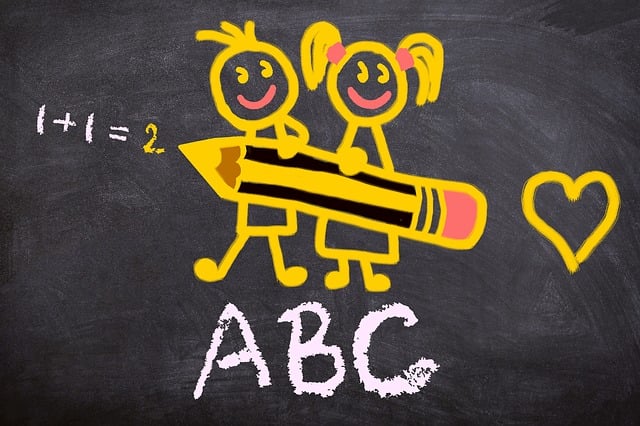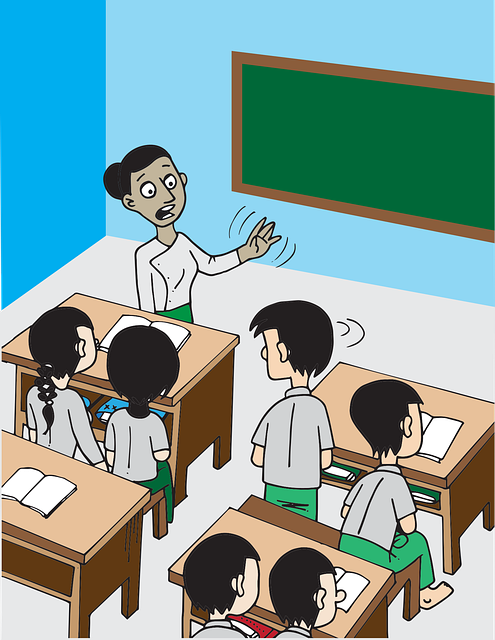Agape Boarding School's history is marred by severe abuse allegations and systemic mistreatment of vulnerable youth, leaving deep trauma among survivors. Unregulated operations enabled impunity for alleged abusers. Survivors are now taking legal action against perpetrators, seeking justice and healing through civil lawsuits and support organizations, aiming to break the cycle of silence surrounding past abuses at Agape Boarding School.
“Unveiling a dark chapter in American history, this article delves into the devastating impact of alleged abuse at the Agape Boarding School. For decades, survivors have come forward with harrowing tales of physical and emotional trauma inflicted within the walls of what was supposed to be a place of education and care. As we explore the history of Agape Boarding School and its controversial practices, we also examine the profound effects on victims and their ongoing quest for justice. Through legal avenues and support systems, survivors strive to heal and seek reparations for the Agape Boarding School abuse.”
- Uncovering the Dark Past: The History of Agape Boarding School and its Alleged Abuses
- The Impact on Survivors: Emotional and Psychological Consequences
- Seeking Justice: Legal Options and Support for Survivors' Healing and Reparation
Uncovering the Dark Past: The History of Agape Boarding School and its Alleged Abuses

The history of Agape Boarding School is shrouded in controversy and allegations of severe abuse, bringing to light a dark past that demands attention. Founded with the intention of providing education and care for vulnerable youth, the school has been at the center of a disturbing narrative involving systemic mistreatment and human rights violations. Reports suggest that students at Agape Boarding School endured physical, emotional, and sexual abuse over an extended period, leaving lasting scars on their lives.
Records indicate that the school’s operations were largely unregulated, allowing for a culture of impunity where alleged abusers could act with little consequence. As survivors have come forward to share their stories, a picture has emerged of a place where power dynamics were manipulated to exploit and harm young people. The exposure of these abuses has sparked a call for justice, urging authorities and the community to confront this dark chapter and ensure accountability for those responsible.
The Impact on Survivors: Emotional and Psychological Consequences

The traumatic experiences endured at the hands of Agape Boarding School have left an indelible mark on the lives of its survivors. The emotional and psychological consequences of such abuse are profound, often leading to long-lasting mental health issues. Survivors may struggle with anxiety, depression, post-traumatic stress disorder (PTSD), and low self-esteem, among other challenges. These internalized wounds can make it difficult for them to trust, form healthy relationships, and feel safe in various aspects of their lives.
The impact extends beyond the individual, affecting families and communities as a whole. Many survivors find themselves unable to share their stories or seek help due to feelings of shame and guilt. This silence perpetuates the abuse, ensuring that the perpetrators avoid accountability. Therefore, fostering a supportive environment where survivors feel heard and validated is crucial for healing and justice.
Seeking Justice: Legal Options and Support for Survivors' Healing and Reparation

Survivors of abuse at Agape Boarding School seeking justice face a complex landscape, but legal options offer potential for healing and reparative measures. Many survivors are turning to the courts to hold perpetrators accountable and seek compensation for their suffering. This may involve civil lawsuits against individuals or institutions responsible, alleging negligence, assault, or other violations of human rights. Legal strategies can include gathering evidence, deposing witnesses, and presenting a compelling narrative to juries or judges.
Support organizations play a crucial role in guiding survivors through this process. They provide not only legal assistance but also emotional support, helping individuals navigate the challenges of reliving trauma while pursuing justice. These groups connect survivors with therapists, offer resources for financial aid, and foster a sense of community among those who share similar experiences. By combining legal action with therapeutic healing, survivors can begin to repair the damage caused by Agape Boarding School abuse.
The dark history of Agape Boarding School and its alleged abuse must be acknowledged and addressed. For survivors, seeking justice is not just about legal victory but healing and closure. By exploring legal options and support networks, they can take a significant step towards reparating the emotional and psychological scars left behind. It’s crucial that the story of Agape Boarding School serves as a testament to the resilience of survivors and the importance of holding institutions accountable for past injustices.
